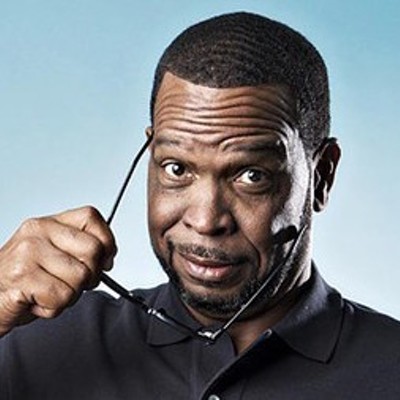Rundle has to enforce the 10-20-life sentencing requirements for criminals who use guns to commit a felony.
tweet this
The number of murdered children in Miami's African-American communities continues to climb. Seven-year-old Amiere Castro was killed in a drive-by. Six-year-old King Carter was shot on his way to buy candy. And so far this year, 11 Dade teenagers have been murdered with guns.
Meanwhile, adults are clueless about how to prevent kids from getting guns. Here are five things that must get done to stop the crime:
1. The federal government needs to step in. In the 1990s, the feds organized a task force that took out street gangs by using racketeering charges. Criminals are aware of the difference between state and federal time — the feds pretty much guarantee those convicted will serve most of their sentences. Bring back former Miami-Dade County Public Schools Police Chief Gerald Darling, now the chief of the Shelby County schools police. When Darling was a Miami Police assistant chief in the late '90s, he helped dismantle the city's inner-city drug gangs.
2. The Miami-Dade State Attorney's Office must cooperate. Instead of playing politics, State Attorney Katherine Fernandez Rundle has to let the feds do what they do best. She also has to enforce the 10-20-life sentencing requirements for criminals who use guns to commit a felony. The state attorney needs to get her priorities straight.
3. The Miami-Dade County School Board needs to offer vocational courses at high schools such as Northwestern, Central, Jackson, Southridge, and Homestead. Not every student in these schools can go to college, so the system has to teach them trades they can use after graduating.
4. The Miami-Dade Children's Trust should send a support team to crime-ridden neighborhoods to identify the community organizations that are in good standing with the residents they serve. The Trust must do everything in its power to give these groups funding for after-school care and counseling for kids and their parents.
5. The county police department and the police forces in these African-American communities have to work collectively to deal with gang violence. Police officers need to volunteer their time at local parks so they get to know the community, and if anything bad happens, they know exactly who did it. They also need to place cameras in areas with the highest crime.
Follow Luke on Twitter: @unclelukereal1.











